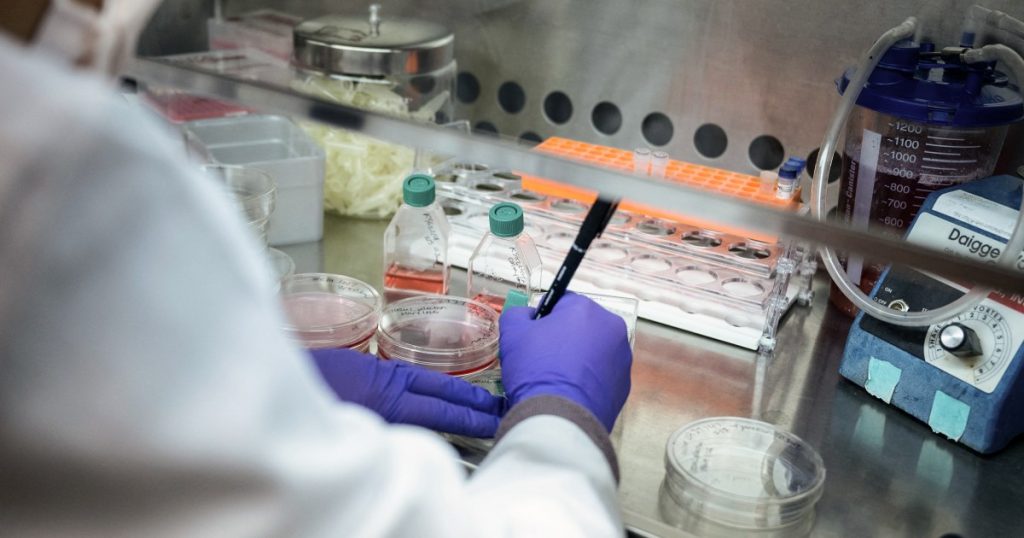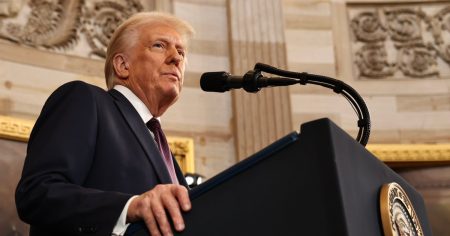A federal judge has temporarily blocked the Trump administration’s controversial plan to drastically reduce the funding the National Institutes of Health (NIH) provides for biomedical research. The decision came in response to a lawsuit filed by 22 state attorneys general, who argue that the changes to how the federal government pays for “indirect costs” associated with research projects would have devastating consequences for the scientific community and the nation’s research infrastructure. The lawsuit also alleges that the administration violated federal law and ignored Congress’s explicit wishes by pushing through the changes without proper oversight.
The dispute centers on NIH’s announcement to cap indirect cost reimbursements at 15% for all new research grants and any new expenses on existing grants. Previously, these rates were negotiated on a case-by-case basis with universities and research institutions, often resulting in higher percentages. Indirect costs cover essential expenses such as laboratory equipment, utilities, maintenance, and administrative staff—critical resources that enable research to function effectively. The new policy, which took effect immediately, would slash hundreds of millions of dollars in federal funding for research institutions, forcing them to absorb these costs or reduce their research activities.
The attorneys general, led by those from Massachusetts, Illinois, and Michigan, filed their lawsuit in U.S. District Court in Massachusetts. They claim that the NIH’s actions violate the Administrative Procedure Act, which governs how federal agencies develop and implement new regulations. The lawsuit also points out that Congress has included provisions in federal budgets since 2018 to prevent changes to indirect cost rates, explicitly rejecting earlier attempts by the Trump administration to alter the funding structure. By ignoring these protections, the administration has acted unlawfully, the suit argues.
U.S. District Judge Angel Kelley granted the attorneys general’s request for a temporary restraining order, halting the implementation of the new policy. Kelley ordered the NIH and the Department of Health and Human Services (HHS) to take no further steps to enforce the changes and scheduled an in-person hearing for February 21 to consider the case further. Kelley also required the agencies to file regular reports, starting within 24 hours of her order, to confirm that they are continuing to provide grant funds and comply with the restraining order.
The lawsuit warns that the NIH’s policy would have dire consequences for the nation’s research capabilities. It would lead to layoffs, the suspension of clinical trials, and the disruption of ongoing research programs, ultimately causing laboratory closures and long-term damage to the scientific enterprise. Researchers and university officials have echoed these concerns, describing the cuts as draconian and likely to stifle progress on diseases and basic scientific discoveries. For example, the University of California system, which relies heavily on NIH funding, estimates that the changes would cut hundreds of millions of dollars from its annual budget, forcing broad reductions in personnel, services, and research activities.
Supporters of the NIH’s plan, including officials in the Trump administration, argue that indirect costs have grown out of control and that the changes are necessary to ensure that taxpayer dollars are spent more efficiently. However, critics contend that the cuts are misplaced and will disproportionately harm research institutions that cannot afford to absorb the losses. As the legal battle unfolds, the stakes remain high—not just for the research community but for the nation’s ability to drive scientific innovation and address pressing health challenges. The temporary restraining order provides a reprieve, but the long-term outcome of this fight will have far-reaching consequences for the future of biomedical research in the United States.









